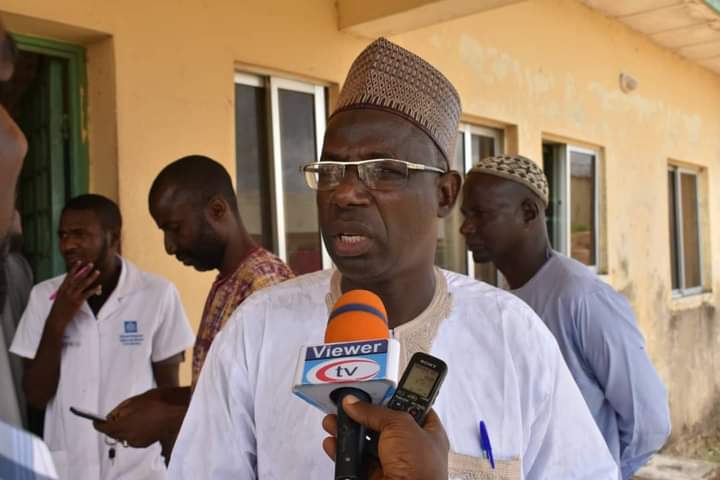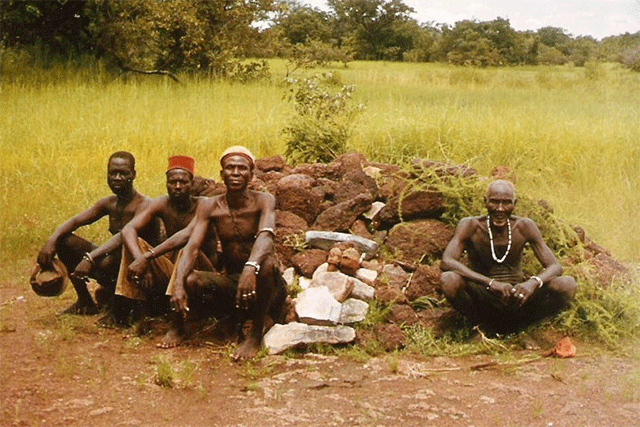By Joyce Remi- Babayeju
Sequel to the recent Cholera outback in Bauchi State, the State Rapid Response Team under the Bauchi State Primary Health Care Agency have renewed strategies to by way of promoting personal hygiene to tackle and bring the devastating disease to a halt.
In a statement signed by the Information Officer of NPHCDA, Bauchi State, Ibrahim Sani, the State Rapid Response Team led by Rilwanu Mohammed, the Chairman of Bauchi State NPHCDA visited cholera treatment camps across the state advocating for effective environmental sanitation, personal hygiene practices and discouraging attitude of open defecation among communities and villages.
The Team took the hygiene sensitization advocacy to Dass General Hospital as well as Gital Primary Health Care Centre in Tafawa Balewa Local Government Area where they attended to cholera patients, interacted with facility staff to ascertain the level of the containment process and make appropriate adjustment.
At palace of village Head of Gital, Dr Mohammed demonstrated hygiene practices such as hand-washing with soap, safe preparation and storage of food and safe disposal of the faeces of children. They also discourage open defecation practices to prevent infection within and outside communities.
The WHO representative on the trip said that Cholera is an acute diarrhoeal infection caused by ingestion of food or water contaminated with the bacterium Vibrio cholera.
” Cholera remains a global threat to public health and an indicator of inequity and lack of social development.” “Researchers have estimated that every year, there are roughly 1.3 to 4.0 million cases, and 21 000 to 143 000 deaths worldwide due to cholera. Symptoms such as diarrhea, abdominal cramps, nausea, vomiting, and dehydration.”
One of important strategy is to adapt a multifaceted approach which is key to control cholera, and to reduce deaths. A combination of surveillance, water, sanitation and hygiene, social mobilisation, treatment, and oral cholera vaccines are used, WHO said.
The global health agency further emphasized that, awareness campaigns should be organised during outbreaks, and information should be provided to the community about the potential risks and symptoms of cholera, precautions to take to avoid cholera, when and where to report cases and to seek immediate treatment when symptoms appear, adding that location of appropriate treatment sites should also be shared to the public.
The visiting team comprised of the Executive Chairman Dr Rilwanu Mohammed, Director Disease Control and Immunization, Mrs Lois Daniel, State Epidemiologist, Mr Ghadi A. M, Dr Salisu Idris Isah Head of Case Management for Cholera Outbreak, State Disease Surveillance Notification Officer Ibrahim Abdullahi, Information Officer Ibrahim Sani, Ibrahim Epid Unit, and representatives from Doctors Without Boarders.





